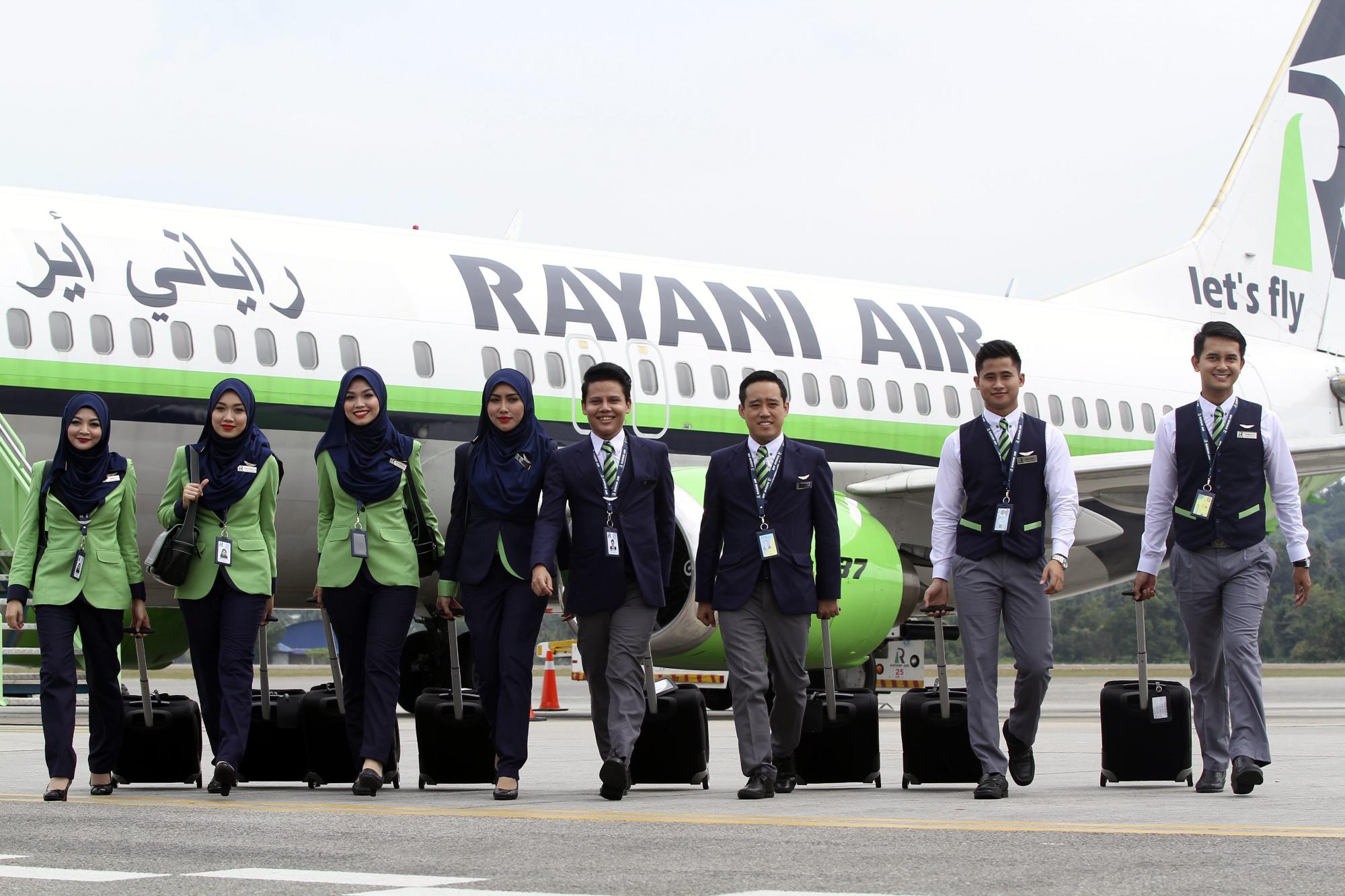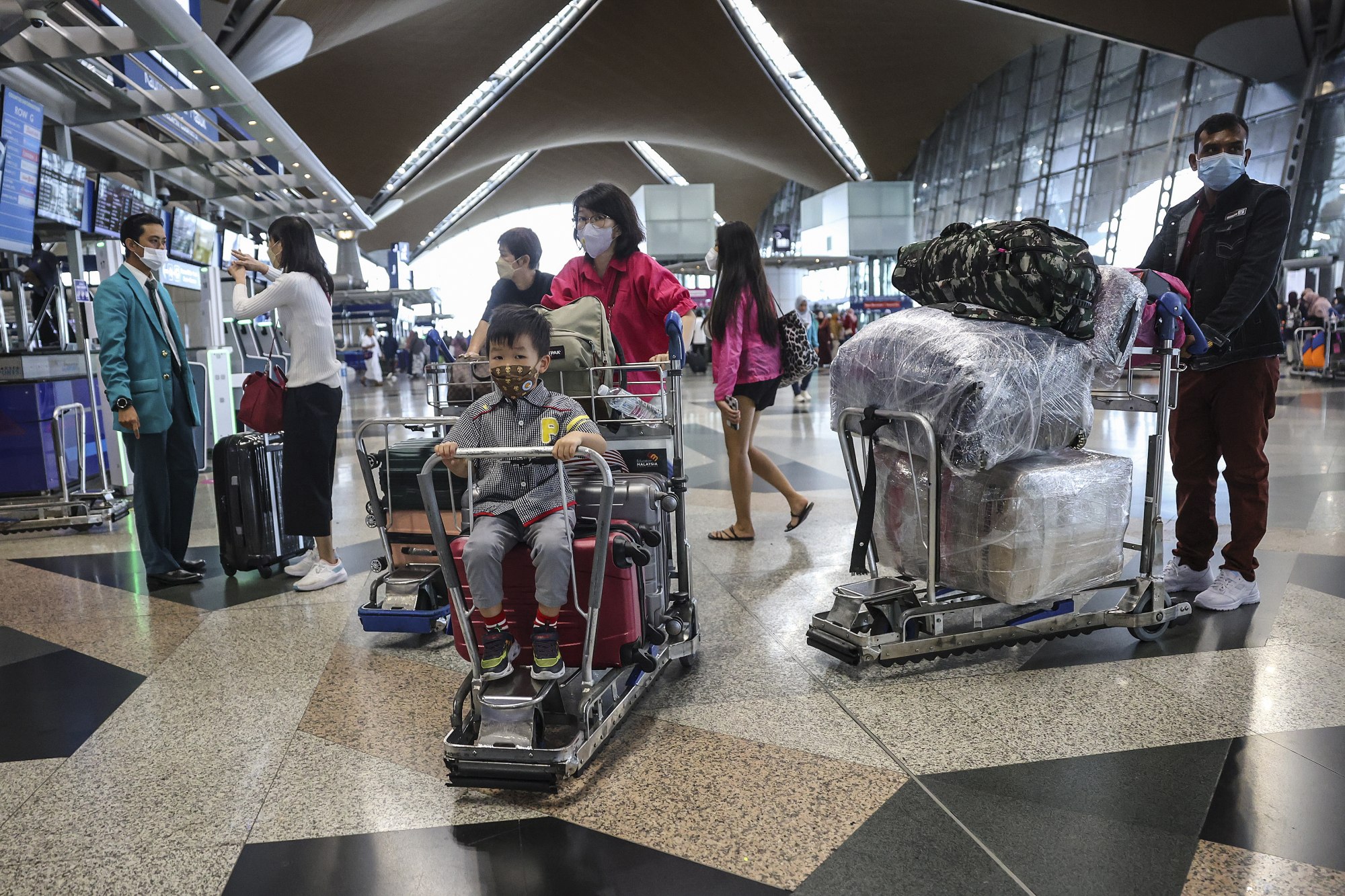Malaysia reviews airline licence terms after start-up’s services grind to a halt in 10 months
[ad_1]
Malaysia will review conditions for granting licences to new airlines after financial troubles forced a low-cost start-up carrier to abruptly suspend its services.
Conditions needed to be more stringent and additional background checks should be done to ensure the “competency and financial strength” of companies applying for an air service licence, the country’s Transport Minister Anthony Loke said in an interview on Thursday, without going into further detail.
MYAirline, based in Subang, Selangor state, suspended operations just 10 months after it started flying, prompting authorities to halt its licence while also initiating a money-laundering investigation against individuals involved with the airline.
The Business Times on Monday reported that MYAirline no longer had leases on its 10 Airbus SE A320 planes.

MYAirline is the second Malaysian airline start-up to run into trouble within months of beginning operations.
In 2016, Rayani Air, a full-service carrier, lasted less than four months following technical issues, a pilot strike and a restructuring. Malaysian authorities permanently revoked its licence later that year.
The minister, however, said there needed to be a balanced approach so as to not stifle competition.
“The process has to be strengthened but not to the point where we immediately close our gate,” Loke said. “Then you end up creating a ring fence for existing players, that no others will come in.”

Loke also said financial sustainability was a pressing issue for airport operators as Malaysia looks to attract investment from the private sector to make airports more commercially viable.
Not all the 39 airports that Malaysia’s main airport operator, Malaysia Airports Holdings Bhd, operates are commercially viable, with some requiring state funding, according to Loke.
Malaysia Airports is currently working to revamp the country’s main terminal at the 25-year-old Kuala Lumpur International Airport as it seeks to turn the aerodrome into a hub, rather than a “feeder airport”, via strategic tie-ups and code-sharing agreements with regional airlines, the minister said.
[ad_2]
Source link

